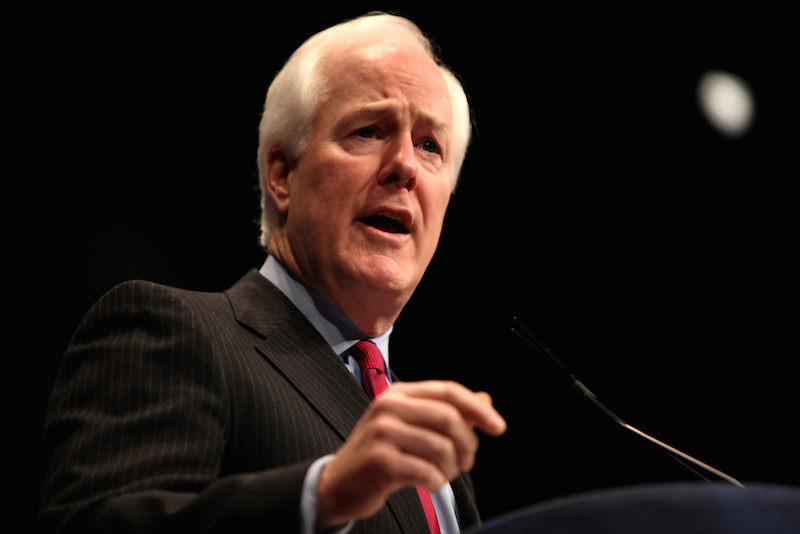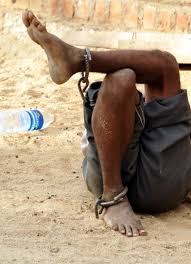
Sen. John Cornyn, R-Texas, the powerful Senate Majority Whip, is making passage of Mental Health Reform Act, his top priority in upcoming lame duck session.
(10-3-16) I’m hearing the Senate may still pass the Mental Health Reform Act (S.2680) in November when Congress returns for a lame duck session, but only if several new obstacles can be overcome.
The bill is the Senate’s version of Republican Pennsylvania Rep. Tim Murphy’s Helping Families In Mental Health Crisis Act and was initially introduced by Senators Chris Murphy (D. Conn.) and Bill Cassidy (R. La.) as S. 1945 but has been renumbered now that it is under the control of Sen. Alexander Lamar (R-Tenn.), the chairman of the Senate Committee on Health, Education, Labor and Pensions.
You might recall that the Senate version ran into trouble when Senator John Cornyn (R-TX.) moved to merge his mental health bill into the Murphy-Cassidy bill. Senate Democrats, including Senators Charles Schumer (NY) and Harry Reid (NV.), took issue with parts of Cornyn’s bill that dealt with restoring gun ownership to veterans who the Veterans Administration had decided were incompetent to handle their own financial affairs. I’ve been assured that issue has been overcome.
However, now two new ones could kill the Senate version and both concern money.






